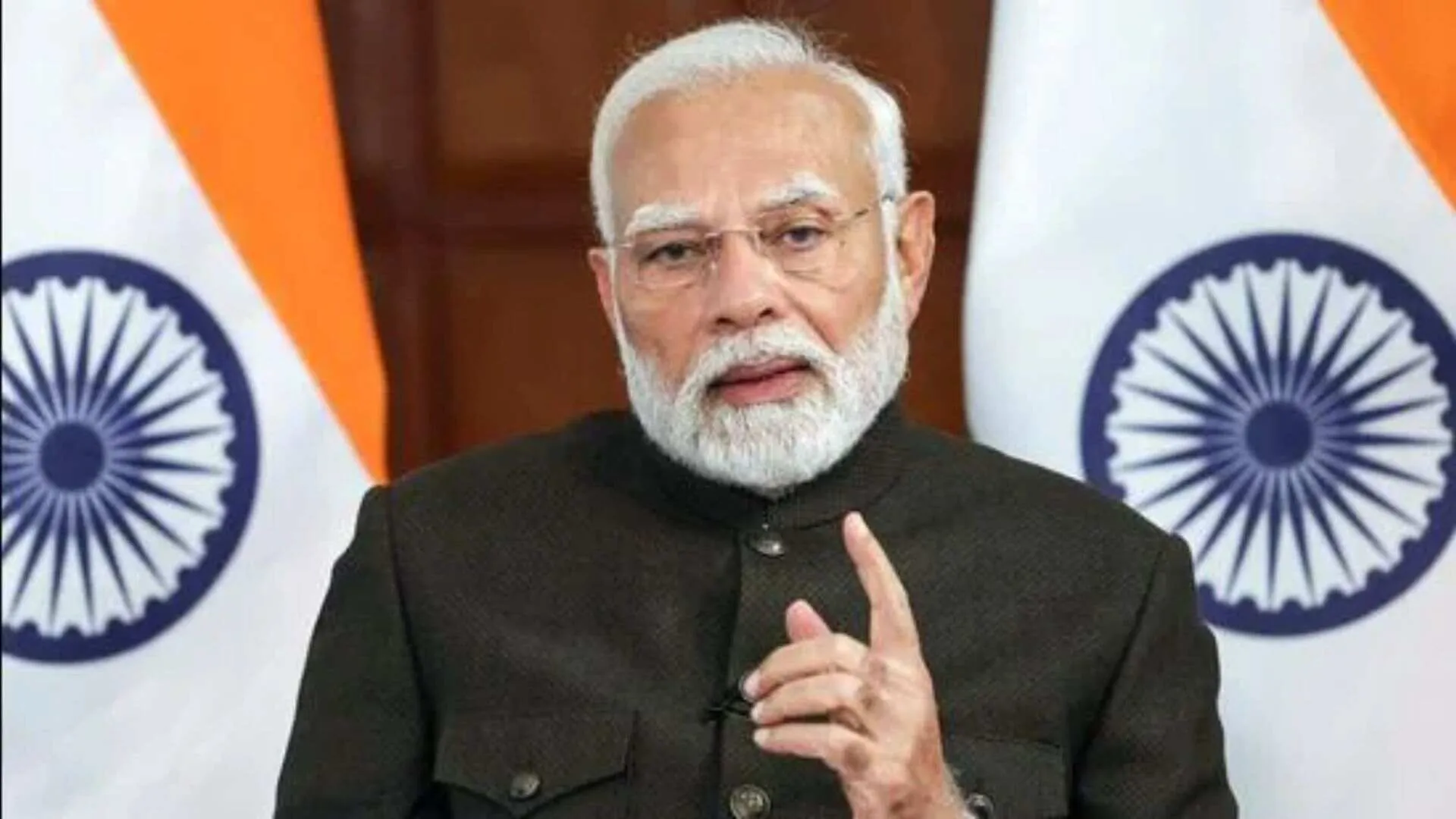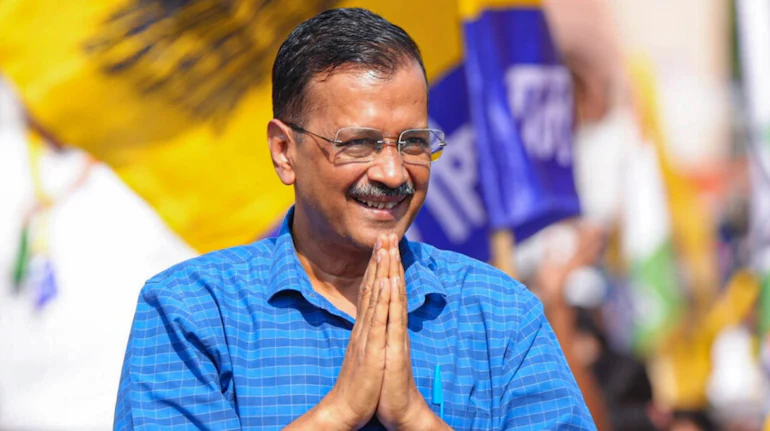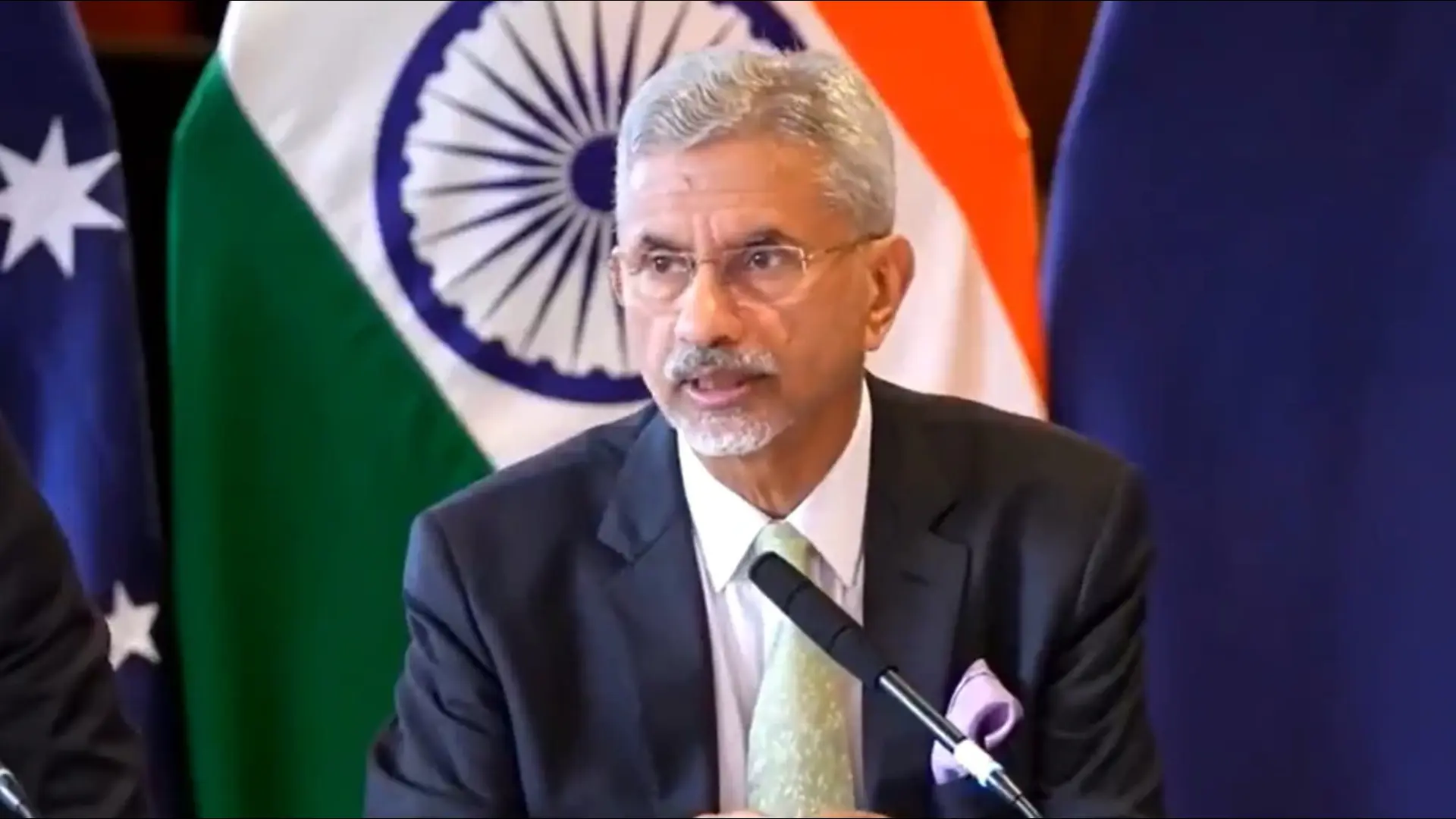Kartikeya Sharma, a Rajya Sabha member, regularly participates in budget sessions and raises issues that are important to the common people.
The young MP inquired about the startups being launched by women and men separately in India and the Startup India scheme, as well as the details of the figures thereof for the last five years (DPIIT).
The Union Minister of State for Commerce and Industry, Som Prakash, categorically stated in Rajya Sabha on Friday that, as per eligibility conditions prescribed under G.S.R. notification 127 (E) dated 19 February 2019, entities are recognized as startups under the Startup India initiative. Since the launch of the Startup India initiative in 2016, DPIIT has recognized 92,683 entities as startups as on 28 February 2023.
In the last five years, viz. 2018, 2019, 2020, 2021, and 2022, a total of 81,000 entities have been recognized as startups by the DPIIT. Out of these, 38,734 startups, i.e., approximately 47% of recognized startups have at least one woman director.
The government launched the Startup India initiative on 16 January 2016 with an aim to build a stronger ecosystem for nurturing India’s Startup culture that would further drive our economic growth, support entrepreneurship, and enable large-scale employment opportunities.
Details of various programmes undertaken under the Startup India initiative, which are gender neutral, are placed on the Sustained Government efforts in this direction have resulted in increasing the number of recognized startups from 442 in 2016 to 92,683 in 2023 (as on 28 February 2023).
Women Capacity Development Programme (WING) is a unique Capacity Development Programme for women-led startups, designed to identify and support both aspiring and established women entrepreneurs in their Startup journeys. The workshops are open to variety of business sectors including Tech, Construction, Product, Machine, Food, Agriculture, Education, etc. The workshops served as a platform for emerging women entrepreneurs and other stakeholders to discuss the key challenges facing women entrepreneurs.
24 workshops were conducted across 9 states, benefiting more than 1,300 participants. Steps are being taken to empower women Entrepreneurs:
The Virtual Incubation Programme for Women Entrepreneurs was conducted in collaboration with Zone Startups to support 20 women-led tech startups with pro-bono acceleration support for 3 months.
A webpage dedicated to women entrepreneurs has been designed on the Startup India portal. The page includes various policy measures for women entrepreneurs by both Central and State Governments.
Through its various awareness programmes and capacity building programmes organized by the government and through print media and social media platforms, the government also creates awareness about the existing schemes that support micro, small, and medium entrepreneurs, including women entrepreneurs.
Furthermore, assisted by the States’ Startup Rankings on Support to Startup Ecosystems, which is primarily an exercise to identify good practices, including support for women entrepreneurs, learning from each other and helping each other in formulating and implementing policies in the true spirit of cooperative federalism, 31 states and UTs have notified policies to support startups.
To identify the depth, quality, and spread of innovation, inclusivity, diversity, and entrepreneurship in the country, the government instituted the National Startup Awards (‘NSA’). The winners of NSA have emerged from Bengaluru, Delhi, Hyderabad Chennai, Mumbai Mysuru, Bhopal, Ernakulum, Gurugram, Kochi, Lucknow, Margao, Sonipat, Thiruvananthapuram etc. All three editions (2020, 2021 and 2022) of NSA had a special award category for women-led startups.
In the reply to the second part of the question raised by Kartikeya Sharma in the Rajya Sabha regarding programs implemented under the StartupIndia initiative.
The government positively answered that the details of various programs undertaken by the government to promote startups under the StartupIndia initiative across the country are as follows: Startup India Action Plan: An Action Plan for Startup India was unveiled on 16 January 2016. The Action Plan comprises of 19 action items spanning across areas such as “simplification and hand-holding,” “funding support and incentives,” and “industry-academia partnership and incubation.” The Action Plan laid the foundation of government support, schemes, and incentives envisaged to create a vibrant Startup ecosystem in the country.
Fund of Funds for Startups (FFS) Scheme: The government has established FFS with a corpus of Rs. 10,000 crore, to meet the funding needs of startups. DPIIT is the monitoring agency, and the Small Industries Development Bank of India (SIDBI) is the operating agency for FFS. The total corpus of Rs. 10,000 crore is envisaged to be provided over the 14th and 15th Finance Commission cycles, based on the progress of the scheme and availability of funds. It has not only made capital available for startups at the early stages (seed stage and growth stage), but also played a catalytic role in terms of facilitating the raising of domestic capital, reducing dependence on foreign capital, and encouraging homegrown and new venture capital funds.
Credit Guarantee Scheme for Startups (CGSS): The government has established the Credit Guarantee Scheme for Startups for providing credit guarantees to loans extended to DPIIT recognized startups by Scheduled Commercial Banks, Non-Banking Financial Companies (NBFCs), and Venture Debt Funds (VDFs) under SEBI registered Alternative Investment Funds. CGSS is aimed at providing credit guarantee up to a specified limit against loans extended by member institutions (MIs) to finance eligible borrowers
Startups are provided with an 80% rebate in the filing of patents and a 50% rebate in the filing of Self-Certification under Labour and Environmental laws: Startups are allowed to self-certify their compliance under 9 Labour and 3 Environment laws for a period of 3 to 5 years from the date of incorporation. Income Tax Exemption for 3 years: Startups incorporated on or after 1st April 2016 can apply for an income tax exemption. The recognized startups that are granted an Inter Ministerial Board Certificate are exempt from income-tax for a period of 3 consecutive years out of 10 years since incorporation.
International Market Access to Indian Startups: One of the key objectives under the Startup India initiative is to help connect the Indian Startup ecosystem to global Startup ecosystems through various engagement models.
This has been done through international government-to-government partnerships, participation in international forums, and the hosting of global events. Startup India has launched bridges with over 15 countries (Brazil, Sweden, Russia, Portugal, UK, Finland, Netherlands, Singapore, Israel, Japan, and South Korea, Canada, Croatia, Qatar, and the UAE) that provides a soft -landing platform for startups from the partner nations and aids in promoting cross-border collaboration.
The government has notified Startups as ‘fast track firms’ enabling them to wind up operations within 90 days compared with 180 days for other companies.
The Government launched a Startup India Online Hub on19th June 2017 which is the first of its kind and an online platform for all stakeholders of the entrepreneurial ecosystem to discover, connect, and engage with each other. The Online Hub hosts Startups, Investors, Funds, Mentors, Academic Institutions, and Incubators.
The government in January 2020 notified the constitution of the National StartupAdvisory Council to advise the government on measures needed to build a strong ecosystem for nurturing innovation and startups in the country to drive sustainable economic growth and generate large scale employment opportunities. Besides the ex-officio members, the council has a number of non-official members, representing various stakeholders in the Startupecosystem. StartupIndia:
The Way Ahead at 5 years celebration of StartupIndia was unveiled on 16th January 2021 and includes actionable plans for the promotion of ease of doing business for startups, a greater role for technology in executing various reforms, building capacities of stakeholders, and enabling a digital Aatmanirbhar.
Easy availability of capital is essential for entrepreneurs at the early stages of growth of an enterprise. The capital required at this stage often presents a make-or-break situation for startups with good business ideas. The Scheme aims to provide financial assistance to startups for proof of concept, prototype development, product trials,market entry and commercialization. Rs. 945 crore has been sanctioned under the SISFS Scheme for a period of 4 years, starting from 2021-22.
National StartupAwards are an initiative to recognize and reward outstanding startups and ecosystem enablers that are building innovative products or solutions and scalable enterprises, with high potential for employment generation or wealth creation while demonstrating measurable social impact. Handholding support is provided to all the finalists across various tracks, viz. Investor Connect, Mentorship, Corporate Connect,Govt. Connect, International Market Access, Regulatory Support, Startupchampions on Doordarshan and the StartupIndia Showcase, etc. States’ StartupRanking Framework (SRF):
States’ Startup Ranking Framework is a unique initiative to harness the strength of competitive federalism and create a flourishing Startup ecosystem in the country. The major objectives of the ranking exercise are to facilitate states’ ability to identify, learn, and replace good practices, highlight the policy interventions by states in promoting the Startupecosystem, and fostering competitiveness among states.
The Startup Champions program on Doordarshan is a one-hour weekly program covering stories of award winning or nationally recognised
The government organises Startup India Innovation week around the National Startup Day, i.e. 16 January, with the primary goal of bringing together the country’s key startups, entrepreneurs, investors, incubators, funding entities, banks, policymakers, and other national and international stakeholders to celebrate.
















